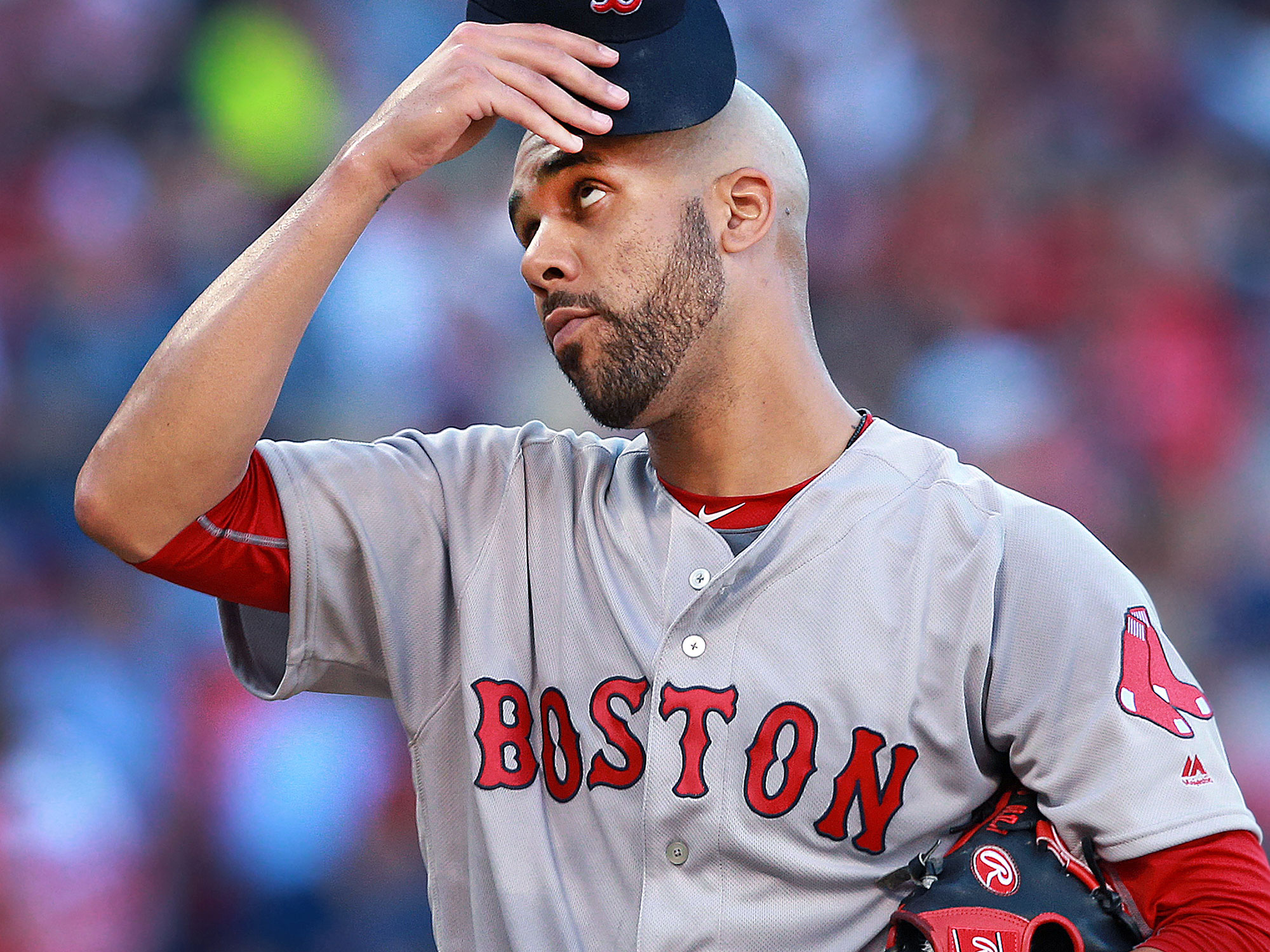Boston Red Sox starting pitcher David Price, backed by some members of his team, humiliated NESN broadcaster Dennis Eckersley on the team’s chartered plane because Eckersley uttered the word “yuck” in response to Boston pitcher Eduardo Rodriguez’s poor stats that were displayed onscreen during the broadcast of a Red Sox game.
Price’s ire with Eckersley has been apparently building because Eckersley rarely visits the clubhouse. But Eckersley’s job isn’t to buddy-up with the Boston Red Sox. His job is to provide entertaining, insightful commentary during games, and sometimes that insight must be critical of the home team. It’s a lot harder to remain objectively critical of your friends, which is likely why Eckersley stays out of the clubhouse.
We all deal with criticism at work, but most of that criticism is kept inside the office and not broadcasted on live television. As a journalist for more than six years, I can somewhat relate to the criticism baseball players and other athletes deal with on a regular basis. Publishing an opinion in the newspaper is not unlike stating an opinion on television or radio, except the response isn’t immediate. I’ve had multiple responses to opinions I’ve published in the editorial sections of newspapers throughout Montana, and as an atheist socialist in a red state, none of them were in support of my opinion. That’s the risk you take in being critical.
I’ve also been threatened with violence for reporting a story, so I feel Eckersley’s pain. Like Eckersley, I didn’t get attached to the players I covered for fear of losing the relative objectivity required to be critical of them when it was necessary (and it becomes necessary more often than not). But NESN won’t defend Eckersley like a newspaper editor defends a reporter because the Red Sox pay the bills, and if a broadcaster isn’t on speaking terms with a star player, it makes it hard for the broadcaster to do his or her job. David Price sells NESN — not Dennis Eckersley.
Eckersley could be loved by NESN viewers and lose his job because David Price doesn’t like him. Judging by his interview with WEEI’s Rob Bradford, he might just resign or retire at year’s end given how tough this season’s been on him. He said he won’t change the way he broadcasts games, but Price thinks he’s been more positive since the incident.
This is a common struggle for local newspapers. Fans want to be reassured. They want to know things will improve and that the team is learning from its mistakes. As a sportswriter for many a bad team, I can tell you I’ve dug deep for positives in games that had very few. Sometimes it’s focusing on the important minutes young players got to play during garbage time. But you never ignore the mistakes. You can treat them as learning experiences for so long, but at some point after the same mistakes are repeated multiple times, it’s hard not to be critical of the team or player who doesn’t seem to be learning from the mistakes.
I can understand taking offense to public defamation, but delivering a derogatory comment on a player’s statistics is not public defamation. Commenting on performance is Eckersley’s job description as a commentator, as is painting the Red Sox in a favorable light that helps sell NESN. With 23 years of Major League pitching experience, he’s certainly qualified to comment on the performance of a pitcher. And while we’d all hope more insightful commentary could be provided than “yuck,” the comment is hardly insensitive. “The Red Sox are hoping those numbers are an aberration and not the new norm,” would have been better, but Eckersley was probably reacting to the statistics in real time. He didn’t have time to think of a way to present his reaction in a positive light.
It makes you wonder what Price would have done to Eckersley had he commented on how Price hasn’t lived up to the seven-year, $217 million contract he signed with Boston as a free agent prior to the 2016 season. Immediately upon signing the deal, Price’s ERA+ dropped from a career high of 164 in 2015 to 111 in 2016. A comment on Price’s lack of playoff success might have ended in violence (2-8, 5.54 ERA). Injuries have limited Price to just 66 innings on the mound this season, just the second of the seven-year deal paying him more than $30 million annually.
The moment local sports broadcasts stop being critical of local sports teams is the moment local sports broadcasters become the team’s public relations personnel instead of sports journalists. If Price’s idea of a purely positive, local broadcast is the future of sports broadcasting, I’ll take my baseball on mute.



